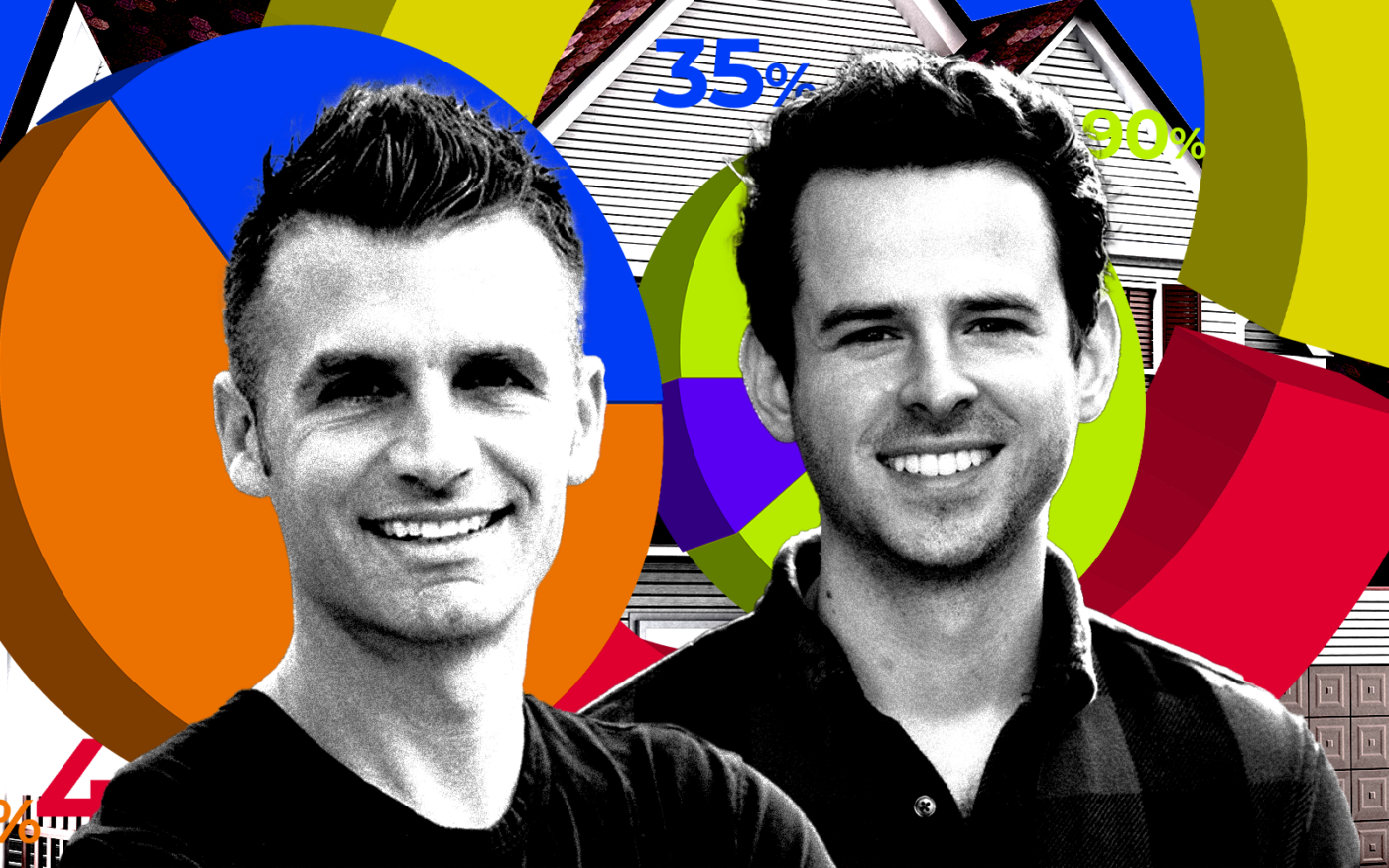For many, it’s never been a harder time to purchase a home. In an effort to solve this issue some startups are leaning into a model that sells a portion of a home to beleaguered buyers.
Startups Pacaso and Arrived are part of a group of companies pushing fractional ownership models, Quartz reported. The firms look to appeal to buyers interested in owning a piece of a property to reduce their spend.
Fractional ownership is not a new concept, but companies — including Pacaso — largely focused on luxury properties for consumers looking for second or vacation homes. With an unforgiving housing market in play, companies are trying to open fractional ownership to a larger buyer pool.
Another player in the space, Fundrise, first arrived on the scene through the backing of Jeff Bezos, and has since landed $770 million in financing from JPMorgan Chase. So it’s clear well capitalized players are in the space and are ready to attempt to shake up the residential market.
Pacaso CEO Austin Allison told the publication that fractional ownership models create additional inventory and optimize the usage of existing housing. The latter seems true, though the former claim seems more dubious; fractional ownership companies may be splitting homes into more slices, but they aren’t building homes.
Read more



Bankrate analyst Jeff Ostrowski told Quartz that the housing shortage across the country has more to do with modest properties near schools and workplaces, rather than the luxury beachfront properties that tend to be trafficked in this niche category.
Policymakers also aren’t necessarily buying what fractional ownership companies are selling, claiming these models hurt people and put homeownership further out of reach for some.
There will be some who believe owning part of a home is better than owning no home at all, especially as homeownership is embedded in the ideal of creating generational wealth. A recent New York Federal Reserve survey showed renters’ self-reported probability of owning a home dropped to 40.1 percent as of February, a record low.
